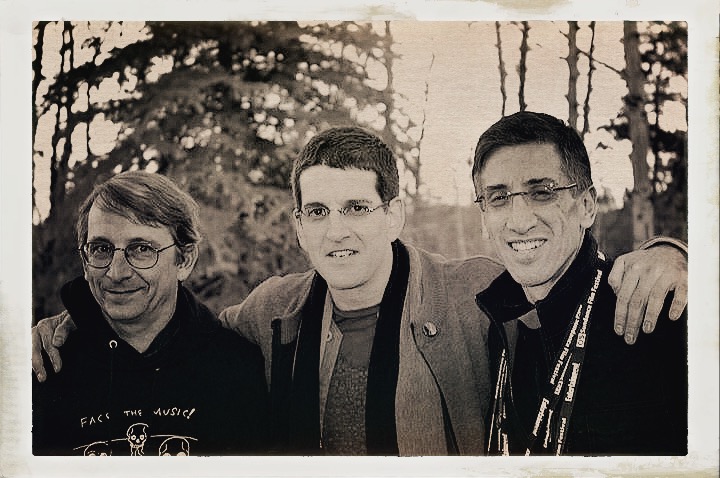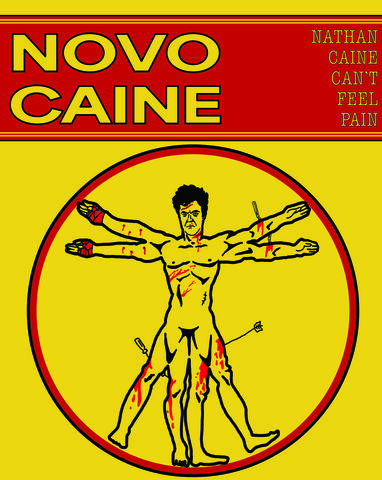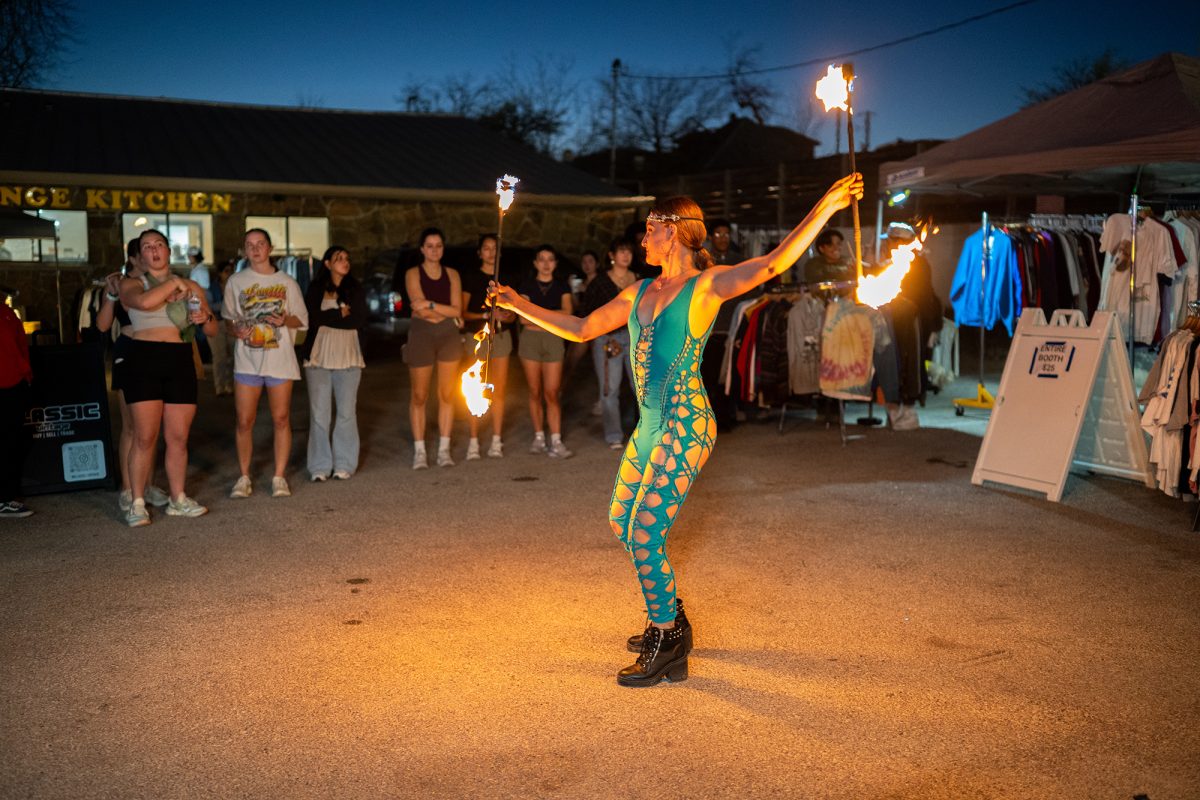As social movements like Black Lives Matter continue to gain steam, Texas State is taking a closer look at its efforts to generate diversity and inclusion on campus amid its growing minority population.
In the fall of 2014, Texas State reported a Hispanic enrollment of 31.6%, an African American enrollment of 9.2% and an “Other/Unknown” ethnicity enrollment of 6.2%.
By fall of 2019, Hispanic enrollment increased to 38.3%, African American enrollment increased to 10.8% and “Other/Unknown” decreased to 5.2%, with minorities accounting for over half of the university’s total enrollment.
As the demographics of Texas State have evolved, so have its services, events and offices.
“When I started at the university in 2002, we were not nearly as diverse as we are today,” Texas State President Denise Trauth said. “We didn’t nearly reflect the demographics of Texas, nor did we have all the richness we have today to work with all students at Texas State. We’ve kept up with the demographics of our students and added as needed.”
Though the urge to foster a diverse campus life at Texas State is evident through empowering organizations such as Hip Hop Congress, Black Women United and QueerCats, Trauth says these organizations did not form overnight. They were implemented at the helm of the university’s initiative to manifest a diverse community. Trauth says it is ultimately everybody’s responsibility at Texas State to partake in generating a more inclusive campus.
“Diversity is important at Texas State because diversity is important in the state of Texas,” Trauth said. “But diversity isn’t enough, we need to move to inclusion. Inclusion goes one step further. It says that each and every one of our students feel like this is their university—feels like they belong at Texas State.”
Office of Student Diversity and Inclusion Director Sherri Benn says the university wants to help students understand diversity, inclusivity and equity. Benn says when it comes to issues such as lack of representation, it is important to recognize that those issues are not new.
“We did not get here overnight, these issues have been brewing in our nation since its founding,” Benn said. “And that’s something that until we’re really honest about and contend with, [we] will continue this struggle.”
Benn says SDI supports and provides programming and different opportunities for individuals who are historically underrepresented in post-secondary institutions, such as first-generation students, veterans [and] those in the LGBTQ+ community.
Hip Hop Congress is one of the student organizations that benefit from opportunities provided by SDI. Since 2004, HHC has worked to support under-represented communities and promote social awareness through creativity, social activism and cultural expression.
Dizzy Harrison, Hip Hop Congress events and programming chair, says the diversity of the organization has impacted the various issues members advocate for.
“I understand that Texas State is supposed to be a diverse and inclusive campus— and it is. A lot of that culture is really represented in HHC, and it plays a big part in our music,” Harrison said.
HHC also works with Bobcat Preview to showcase a diversity presentation to incoming students. The presentation includes skits and performances to help students understand the historical challenges associated with diversity and how Texas State values campus diversity.
HHC has taken action to help support various societal issues and movements such as sexual assault, bullying and most recently, the Black Lives Matter movement.
Harrison says in order to ensure causes such as the Black Lives Matter movement are treated as major issues and not some trend that will pass, it is vital the university acknowledges the problems at hand and take accountability.
“Since we are such a diverse and inclusive pushing university, the university likes to say ‘yes we hear you, we see you, we feel your pain’,” Harrison said. “But, we’re trying to get them to move past just saying that.”
Harrison says the fight for Black lives still having to take place in 2020 is ridiculous.
“[Let’s] take that step—start putting policies in order to protect all minorities,” Harrison said. “Because at the end of the day, this is a minority-majority school and without its students, it’s not a university, it’s just buildings.”
For more information on programs and resources implemented by the Office of Student Diversity and Inclusion, visit their website.
Categories:
Texas State aims to take next ‘step’ in diversity and inclusion
July 13, 2020
In an effort to create an inclusive and diverse campus community, Texas State has established resources for students to find their place and support movements that implement change throughout the world.
0
Donate to The University Star
Your donation will support the student journalists of Texas State University. Your contribution will allow us to purchase equipment and cover our annual website hosting costs.
More to Discover









